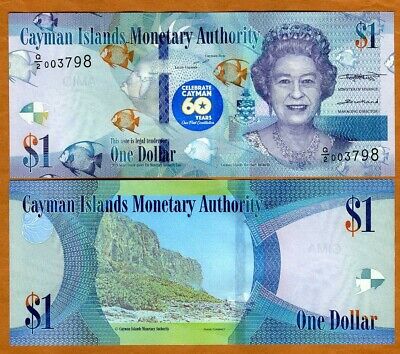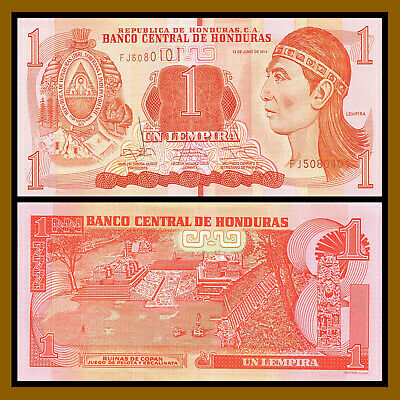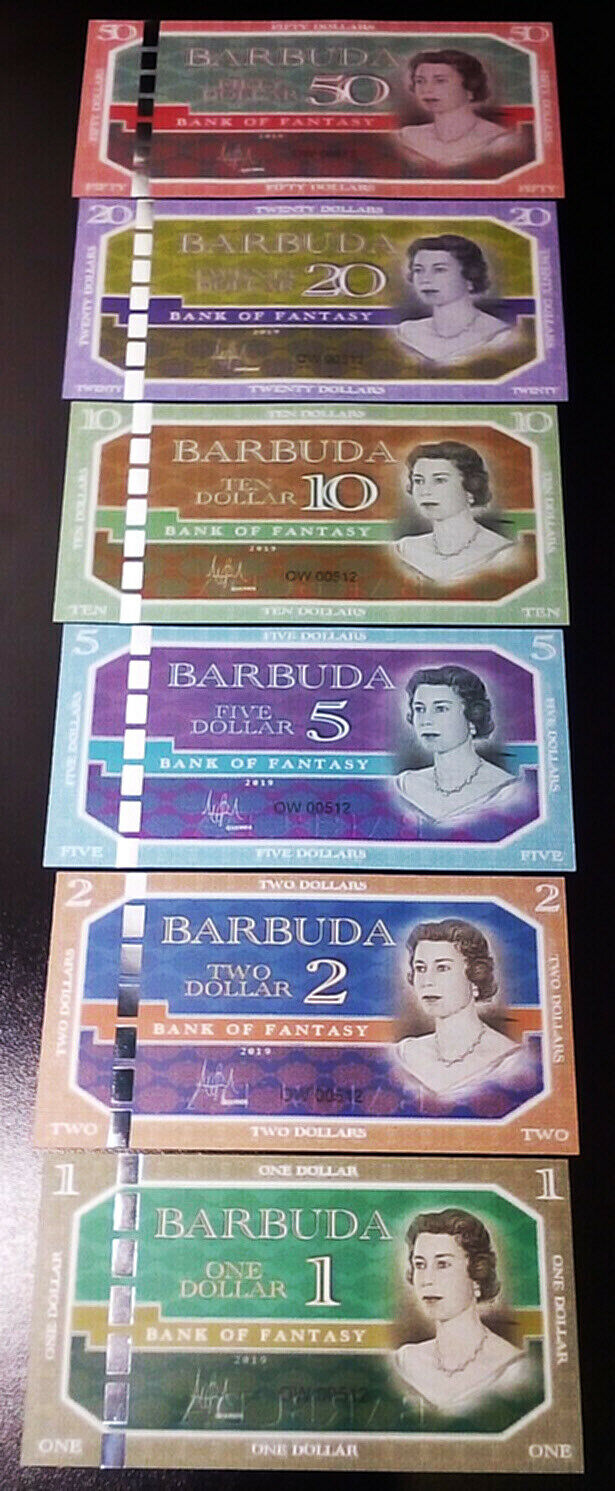-40%
DOLLARS 1976 STAMP CANCEL FLAG UN FROM GRENADA LUCKY MONEY VALUE 00
$ 1584
- Description
- Size Guide
Description
DOLLARS 1976 STAMP CANCEL FLAG UN FROM GRENADA LUCKY MONEY VALUE 00F 1935 G (GA Block)
Neff I Simon
S/N G 65949185 A
CH UNC 63
The face side have a two post stamps:
1985 UNITED NATIONS OFFICES IN NEW YORK
Nations Flags Series:
22 c,
GRENADA
1985 REGULAR ISSUES
22 c, FLAG OVER CAPITOL DOME
Also has post seals: FEB 13, 2013 & FEB 13, 2015
In honor 75 TH Anniversary UN
(seal 100% guarantee )
Grenada (/ɡrəˈneɪdə/ (About this soundlisten) grə-NAY-də;
Grenadian Creole French: Gwenad)
is an island country in the West Indies in the Caribbean Sea at the southern end of the Grenadines island chain.
Grenada consists of the island of Grenada itself, two smaller islands,
Carriacou and Petite Martinique, and several small islands which lie to the north of the main island and are a part of the Grenadines.
It is located northwest of Trinidad and Tobago, northeast of Venezuela and southwest of Saint Vincent and the Grenadines.
Its size is 348.5 square kilometers (134.6 sq mi), and it had an estimated population of 112,523 in July 2020.
Its capital is St. George's.
Grenada is also known as the "Island of Spice" due to its production of nutmeg and mace crops.
Coordinates: 12°07′N 61°40′WBefore the arrival of Europeans in the Americas,
Grenada was inhabited by the indigenous peoples from South America.
Christopher Columbus sighted Grenada in 1498 during his third voyage to the Americas.
Following several unsuccessful attempts by Europeans to colonies the island due to resistance from resident Island Caribs,
French settlement and colonization began in 1649 and continued for the next century.
On 10 February 1763, Grenada was ceded to the British under the Treaty of Paris.
British rule continued until 1974 (except for a brief French takeover between 1779 and 1783).
However, on 3 March 1967, it was granted full autonomy over its internal affairs as an Associated State,
and from 1958 to 1962 Grenada was part of the Federation of the West Indies, a short-lived federation of British West Indian colonies.
Independence was granted on 7 February 1974 under
the leadership of Eric Gairy, who became the first Prime Minister of Grenada of the sovereign state.
The new country became a member of the Commonwealth, with Queen Elizabeth as Head of State.
In March 1979, the Marxist–Leninist New Jewel Movement overthrew Gairy's government in a bloodless coup d'état and
established the People's Revolutionary Government (PRG), headed by Maurice Bishop as Prime Minister.
Bishop was later arrested and executed by members of the People's Revolutionary Army, prompting a U.S.-led invasion in October 1983.
Since then, the island has returned to a parliamentary representative democracy and has remained politically stable










